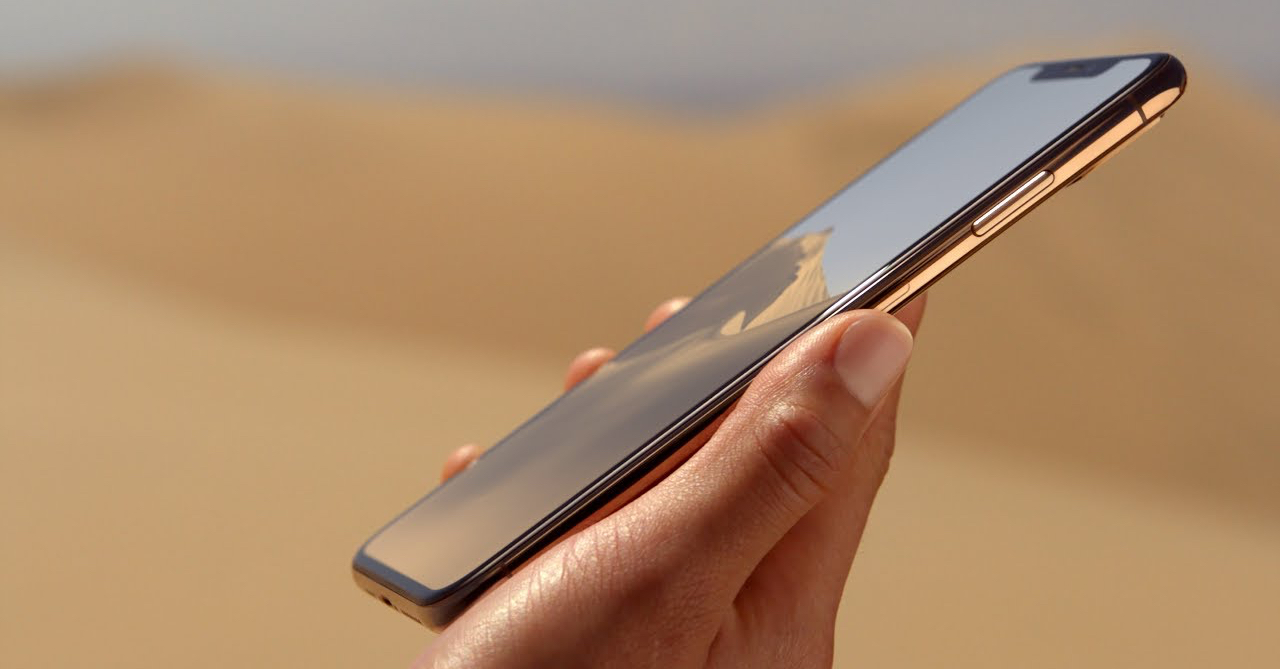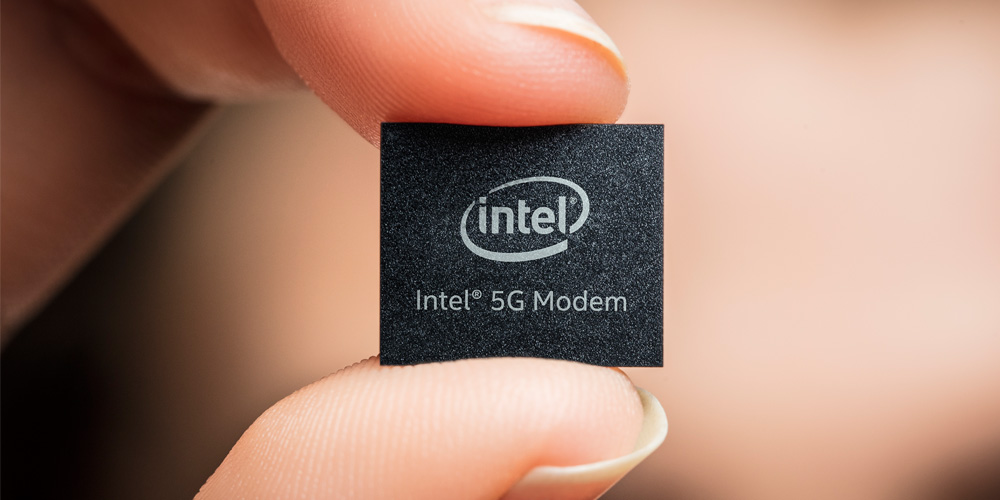A few major things happened last night that will greatly affect the shape of iPads and iPhones for the next few years. Last week, the unimaginable became a reality, on two fronts. Apple was able to settle out of court with Qualcomm, which has been in litigation for several months. As a result of this agreement, Intel announced that it was withdrawing from further development of mobile 5G modems. How do these events fit together?
It could be interest you

If you've been following the goings-on around Apple for a while, you've probably noticed the huge rift between Apple and Qualcomm. Apple has been using data modems from Qualcomm for many years, but the latter sued the company for violating some patent agreements, to which Apple responded with other lawsuits, and everything went back and forth. We have written about the dispute many times, for example <a href="https://cdn.shopify.com/s/files/1/1932/8043/files/200721_ODSTOUPENI_BEZ_UDANI_DUVODU__EN.pdf?v=1595428404" data-gt-href-en="https://en.notsofunnyany.com/">here</a>. Due to the breakdown of good relations with Qualcomm, Apple had to find another supplier of data chips, and since last year it has been Intel.
However, there were relatively many problems with Intel because it turned out that their network modems were not as good as those from Qualcomm. iPhone XS thus suffers from poorer signal detection and other similar ailments that users complain about to a greater extent. However, the situation surrounding the upcoming 5G technology is a much bigger problem. Intel was also supposed to supply Apple with 5G modems for iPhones and iPads, but as has become apparent over the past few months, Intel has significant problems with development and production. The original deadline for the delivery of 5G modems was extended, and there was a real threat that Apple would not introduce the "2020G iPhone" in 5.
However, this issue was resolved overnight tonight. According to foreign reports, there was an out-of-court settlement of the dispute between Apple and Qualcomm (which is very surprising given the intensity and scope of the legal battles). Shortly after this, Intel representatives announced that they were immediately canceling further development of mobile 5G modems and would continue to focus only on computer hardware (which is not so surprising, given the difficulties Intel had and also given that it was Apple, who was supposed to be the main customer of 5G modems).

The settlement between Apple and Qualcomm ends all litigation, including between Apple's individual subcontractors and Qualcomm. The out-of-court settlement includes both an agreement to pay the disputed amounts and a six-year license to use Qualcomm's technologies. So Apple has insured data chips for its products for several years ahead, or at least until the company is able to use them own solution. In the final, all parties can come out of the entire conflict with a positive outlook. Qualcomm will end up keeping a very high paying customer and a giant tech buyer, Apple will end up having 5G modems available in a preferred time frame, and Intel can focus on an industry where it is doing better and not waste valuable time and resources developing in a risky industry.
It could be interest you

Akfik is assembled from the cheapest components. Intel is very expensive - it wants half a dollar more than any other